Industrial facilities demand far more from their roofing systems than typical residential or commercial buildings. A factory roof must not only shelter machinery and workers but also withstand challenging environments that can quickly wear down weaker materials. Roof tiles are often overlooked in this context, yet they can deliver long-term durability, energy efficiency, and cost savings when chosen correctly. For facility managers and industrial planners, selecting the right roof tile is not just a matter of aesthetics—it is a critical investment in operational resilience and financial efficiency.

Importance of Roofing in Industrial Facilities
In industrial operations, roofing is directly tied to productivity and safety. Leaks or structural failures can damage expensive equipment, halt production lines, and pose risks to employees. A well-constructed, durable roofing system minimizes such risks while reducing the frequency of costly repairs. More importantly, the right roof tiles contribute to energy management by maintaining stable interior temperatures, which lowers heating and cooling costs over time.
Durability also translates to long-term savings. Although premium roof tiles may require higher initial investment, they significantly reduce maintenance expenses and replacement cycles. Over decades, this makes them a more cost-effective solution compared to cheaper alternatives that deteriorate quickly in industrial conditions.
Understanding Industrial Roofing Needs
The performance expectations of industrial roofing are more complex than those of residential buildings. Factories often deal with:
- Heavy machinery vibrations that can stress structural components.
- Chemical exposure from emissions or exhaust that may corrode conventional roofing materials.
- High foot traffic for maintenance of rooftop equipment such as HVAC systems or solar panels.
- Extreme temperature fluctuations caused by large-scale operations and environmental conditions.
These factors mean roof tiles used in industrial facilities must meet higher thresholds of strength and resistance. While residential roofing is primarily exposed to weather, factory roofing faces an added layer of operational challenges that make durability the foremost concern.
Key Factors That Define Roof Tile Durability
When evaluating roof tiles for industrial projects, several core features determine long-term performance:
- Material strength: Tiles made of concrete, clay, metal, or FRP (fiber-reinforced plastic) each offer different strengths. Industrial projects must prioritize high structural integrity.
- Weather resistance: Roof tiles should resist prolonged exposure to UV rays, rain, snow, and storms.
- Load-bearing capacity: A durable roof must handle added weights such as snow accumulation, ventilation units, or solar installations.
- Fire resistance: Compliance with industrial fire codes ensures enhanced workplace safety.
- Chemical resistance: Tiles must endure exposure to industrial fumes and pollutants without corroding or weakening.
- Lifespan and warranties: Longer-lasting roof tiles reduce the frequency of full replacements and disruptions.
Types of Roof Tiles for Industrial Facilities
Different materials offer distinct benefits. The choice depends on the operational environment and facility requirements.
- Concrete roof tiles are known for their durability and strength. They provide excellent resistance to harsh weather but can be heavy, requiring strong supporting structures.
- Clay roof tiles offer longevity and good performance in hot climates. However, their brittleness under mechanical stress can be a drawback for industrial sites.
- Metal roof tiles are lightweight and highly durable, with protective coatings improving resistance to rust and corrosion. Their reflective qualities also help manage interior heat.
- FRP roof tiles are increasingly popular in modern industrial facilities because they combine lightweight design with high impact resistance. They also allow for translucent applications that can support natural lighting.
- Composite or synthetic roof tiles blend different materials to enhance performance, offering strength, flexibility, and weather resistance.
Comparative Overview of Roof Tile Types
| Roof Tile Type | Durability | Weather Resistance | Weight | Best Application Area |
|---|---|---|---|---|
| Concrete Tiles | Very High | High | Heavy | Harsh weather regions |
| Clay Tiles | High | Moderate | Medium | Hot climates |
| Metal Tiles | High | Very High | Light | Coastal and industrial areas |
| FRP Tiles | High | High | Very Light | Modern industrial facilities |
| Composite Tiles | High | High | Medium | Flexible applications |
This simplified chart highlights the strengths of each option without going into technical parameters. It serves as a quick reference for facility managers weighing different choices.
Evaluating Climate and Environmental Impact
The local environment heavily influences the right choice of roof tiles. In hot climates, UV-resistant tiles extend lifespan and help maintain cooler building interiors. In cold climates, tiles must resist freeze-thaw cycles and handle heavy snow loads. Coastal facilities benefit from corrosion-resistant tiles that withstand salty air, while factories in polluted zones require chemical-proof solutions. Increasingly, industrial planners also consider eco-friendly features, such as reflective surfaces that reduce energy consumption or recyclable tiles that minimize environmental impact.
Cost Analysis and Long-Term ROI
Cost considerations go beyond initial purchase price. The real value of durable roof tiles lies in their ability to deliver:
- Reduced maintenance and repair expenses
- Longer replacement cycles, ensuring uninterrupted operations
- Improved energy efficiency through better insulation
- Insurance savings from superior fire and weather resistance
For example, while a cheaper tile may seem economical upfront, frequent repairs and replacements can easily outweigh initial savings. By contrast, durable roofing materials provide predictable, long-term financial benefits, making them the smarter investment.
Installation and Maintenance Considerations
Even the best roof tiles can fail if poorly installed. Industrial facilities should prioritize professional installation to ensure structural integrity. Common errors—such as improper alignment, weak fastening, or insufficient waterproofing—can compromise the system's lifespan.
Preventive maintenance is equally critical. Regular inspections identify cracks, corrosion, or displacement before they escalate into costly repairs. Establishing a schedule for inspection and cleaning extends the durability of the roof while supporting overall safety. Facility managers should also weigh the decision between repair and full replacement, guided by the age of the roof and severity of damage.
Practical Checklist for Choosing Roof Tiles
To simplify decision-making, facility managers can follow this step-by-step guide:
- Define the specific environmental and operational challenges of the facility.
- Evaluate material strength and resistance levels for those conditions.
- Consider long-term ROI, not just upfront costs.
- Ensure compliance with fire and industrial safety codes.
- Verify professional installation and establish a maintenance plan.
This quick evaluation process provides a balanced perspective on durability, compliance, and cost-effectiveness.
Final Thoughts
The durability of roof tiles directly impacts the performance, safety, and financial stability of industrial facilities. By carefully assessing material options, environmental challenges, and installation quality, facility managers can make informed choices that protect both infrastructure and long-term profitability. Prioritizing durability is not simply about extending a roof's lifespan—it is about ensuring uninterrupted industrial operations.
Why Choose Chuanya
At Chuanya, we specialize in providing advanced roofing solutions designed to meet the unique demands of industrial facilities. Our expertise in high-performance roof tiles ensures superior durability, weather resistance, and long-term value for factories and commercial structures.
By choosing Chuanya, you gain more than a product—you gain a trusted partner committed to quality, innovation, and sustainable solutions. Our team is ready to support your industrial projects with roofing systems that combine strength, reliability, and efficiency for years to come.



 English
English Español
Español عربى
عربى


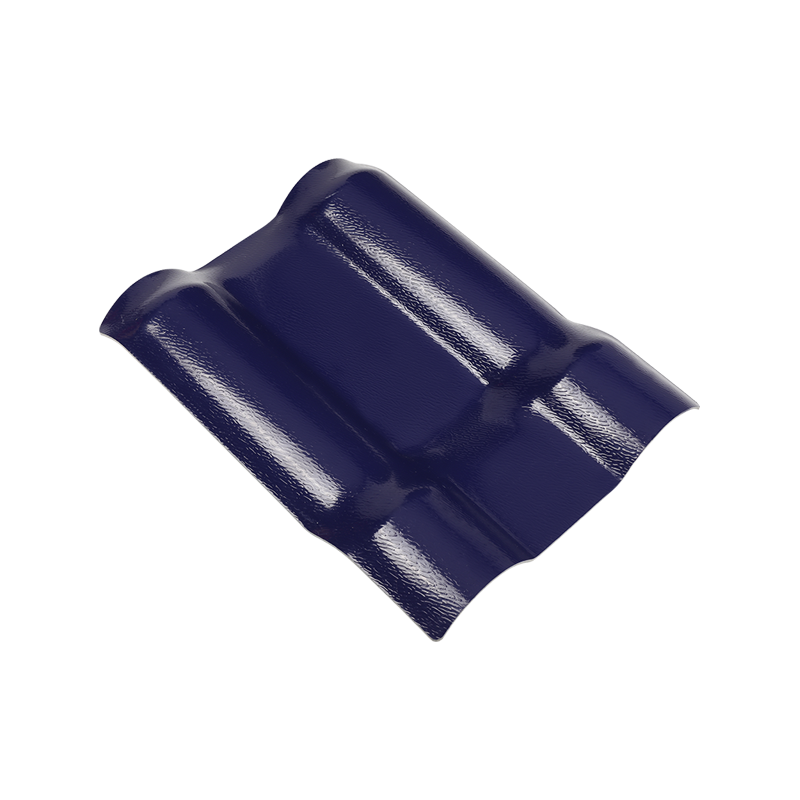
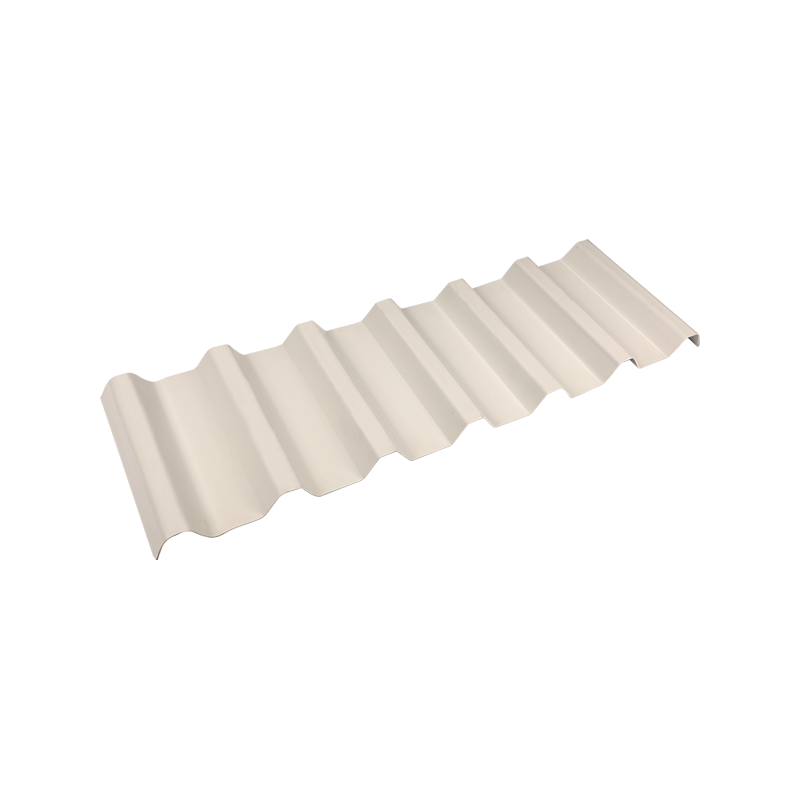
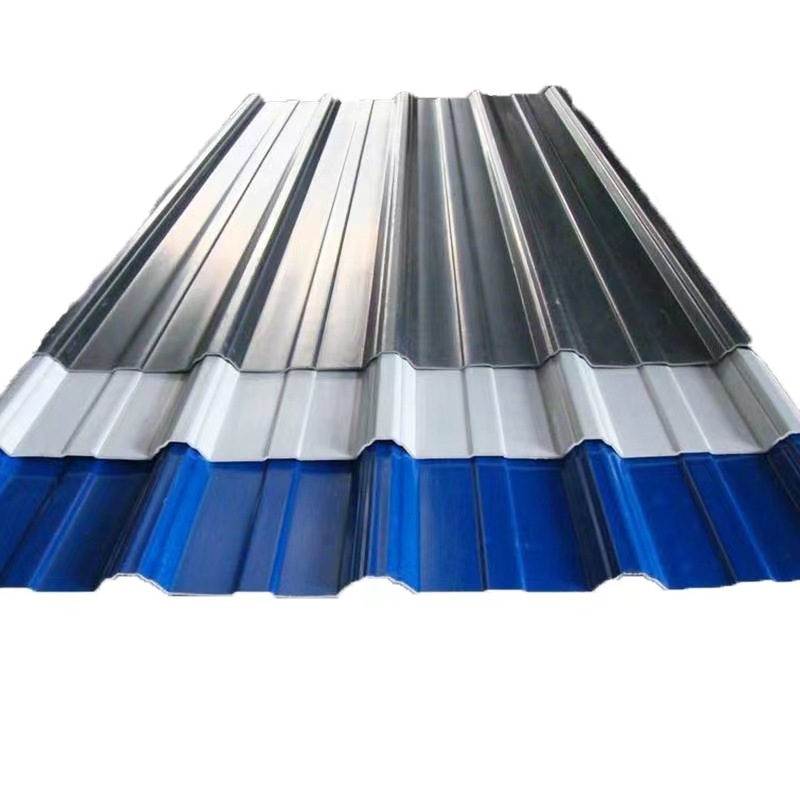
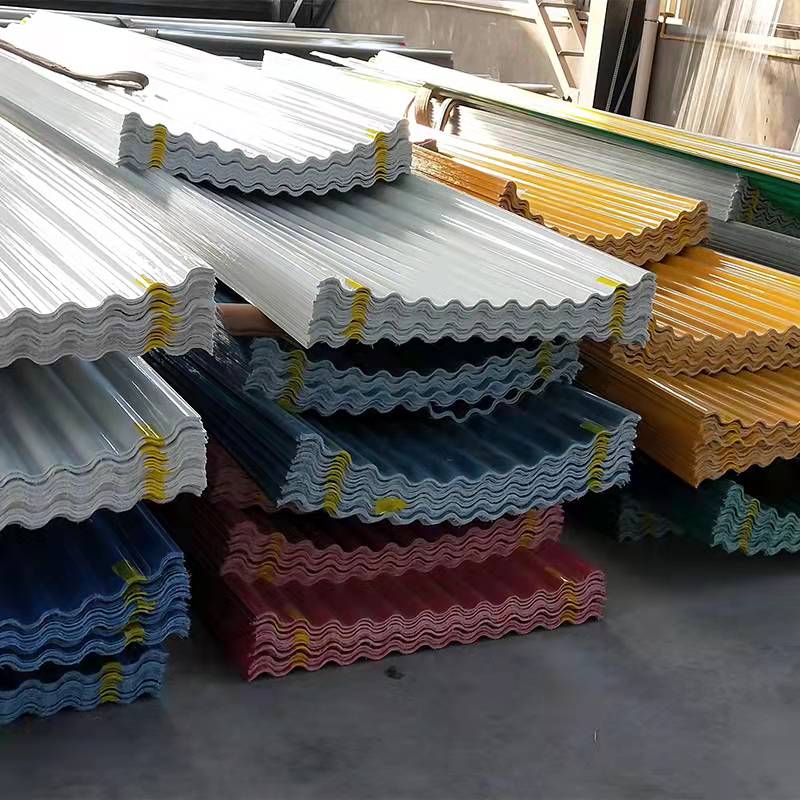
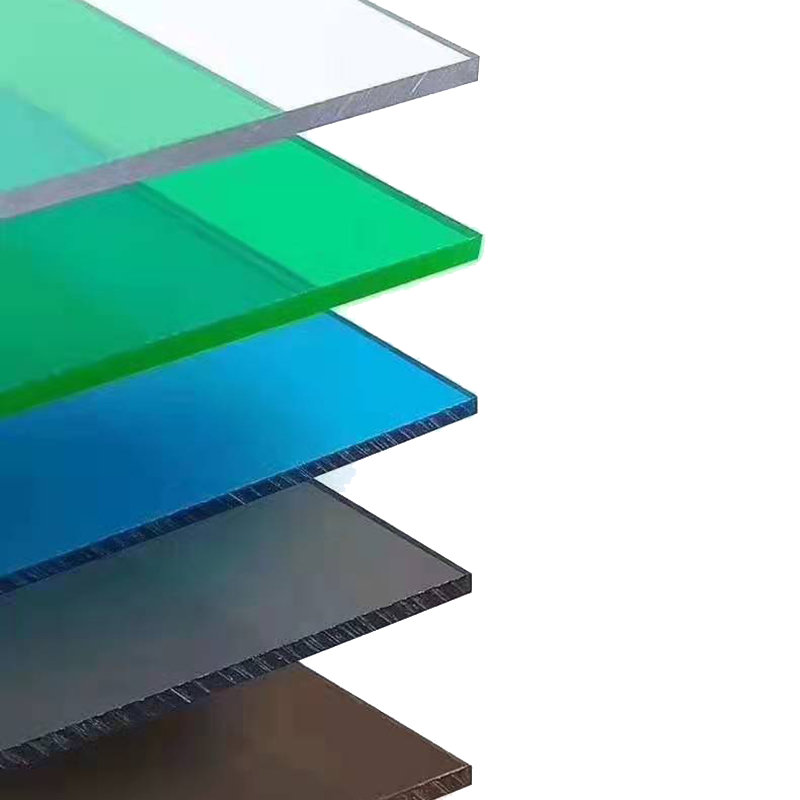
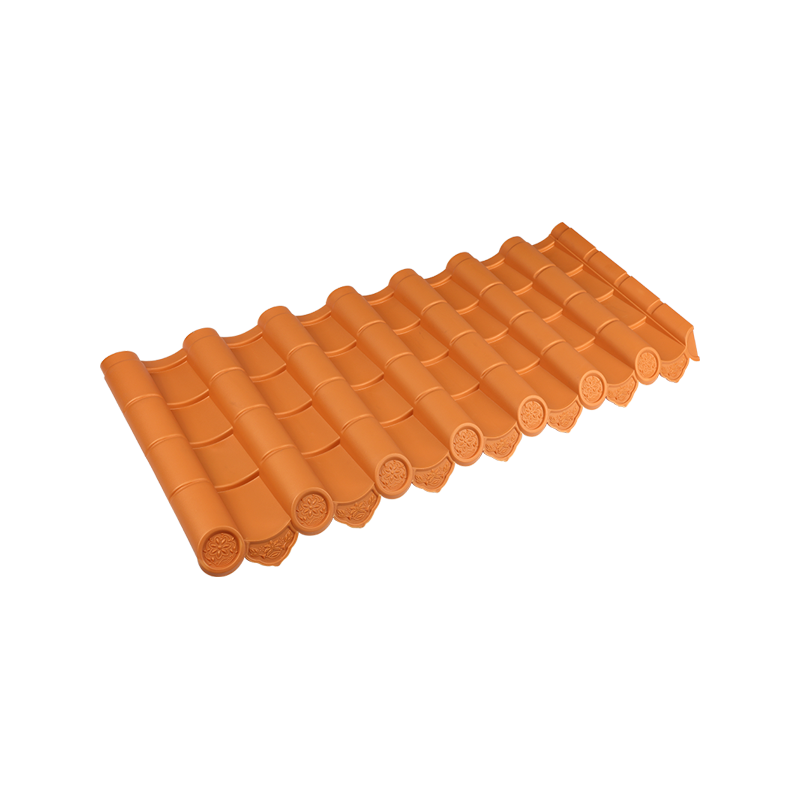
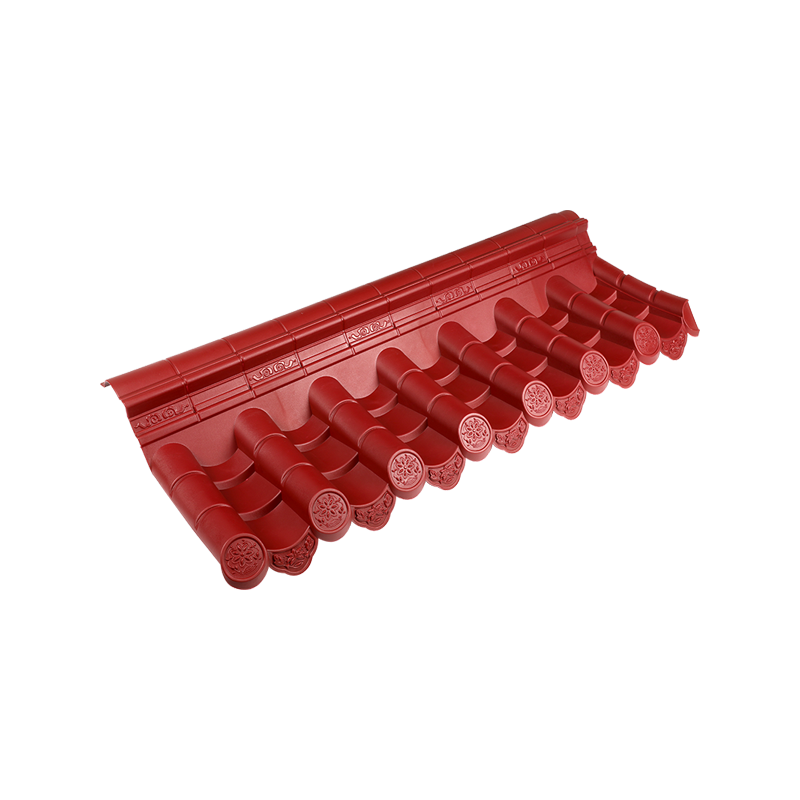


 Email:
Email: Phone:
Phone: Adress:
Adress: